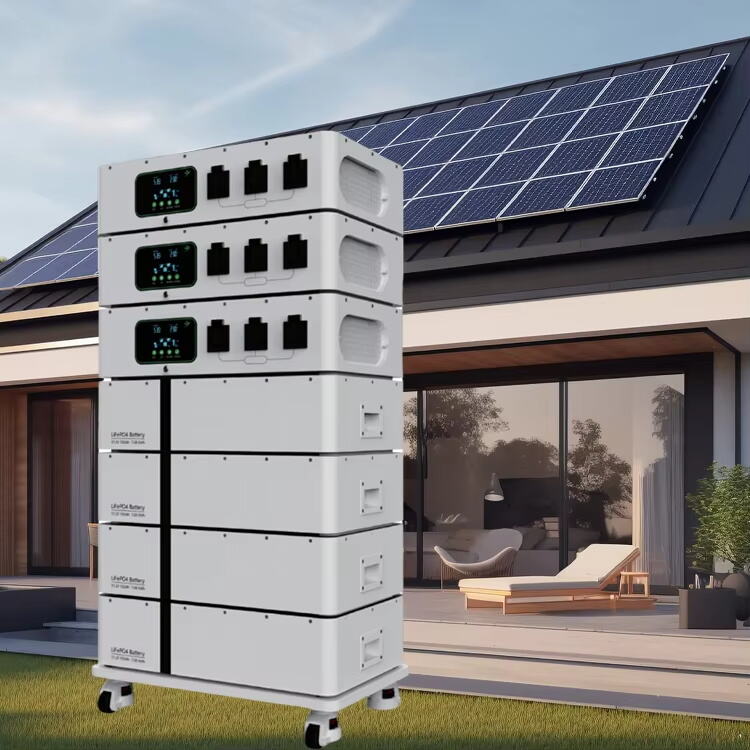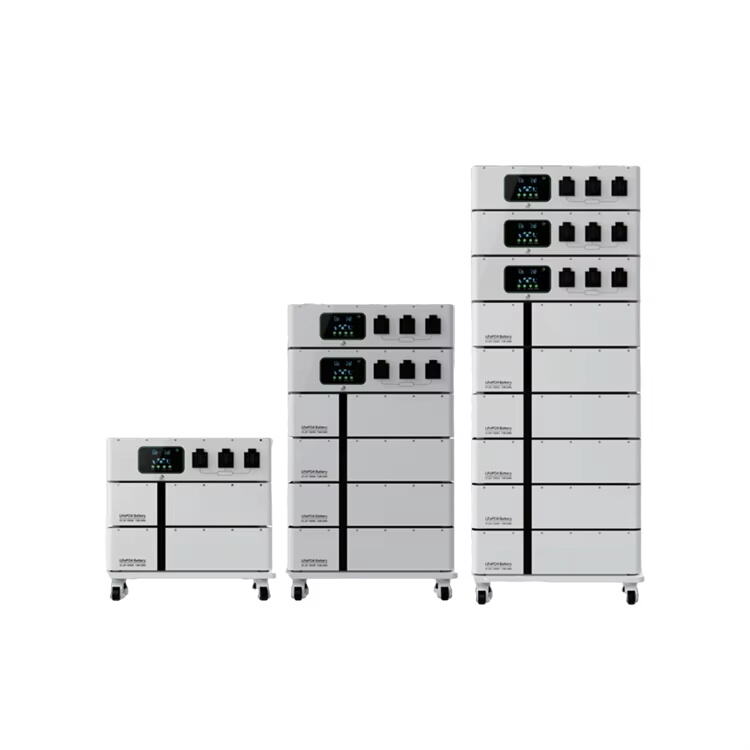A New Era of Safety in Lithium Energy Storage
As lithium battery technology evolves, safety has become just as important as performance and efficiency. Among the most reliable energy storage solutions today, LFP Battery Packs stand out for their robust chemistry and integrated protection features. Whether used in residential solar systems, commercial backup solutions, or mobile power stations, these battery packs are engineered with advanced systems to minimize risk and ensure stable operation under demanding conditions.
Core Safety Features in LFP Battery Packs
Integrated Battery Management Systems
At the heart of modern LFP Battery Packs lies the Battery Management System (BMS). This critical component functions as the brain of the battery, constantly monitoring parameters like voltage, current, temperature, and state of charge. If any abnormality is detected—such as overheating, overvoltage, or short-circuit risk—the BMS intervenes immediately to disconnect the battery and prevent damage or danger.
In addition to safeguarding the cells, the BMS helps optimize performance by balancing charge across individual cells, extending the battery’s overall lifespan and maintaining energy efficiency. With a well-designed BMS, users benefit from both improved safety and better energy utilization.
IP Ratings and Environmental Resistance
Another key protection layer in LFP Battery Packs is their enclosure’s IP (Ingress Protection) rating. This rating classifies the level of defense the pack has against dust, moisture, and other environmental contaminants. For instance, an IP65-rated pack is completely dust-tight and resistant to low-pressure water jets, making it suitable for outdoor use or harsh environments.
These rugged enclosures protect the internal components not just from physical damage, but also from conditions that could lead to corrosion, short-circuiting, or overheating. For mobile or industrial applications, high IP ratings are often essential.
Why LFP Battery Packs Excel in Safety
Chemically Stable Lithium Iron Phosphate Composition
The underlying chemistry of LFP Battery Packs is inherently more stable than other lithium-based alternatives. Lithium iron phosphate cells have a high thermal runaway threshold, meaning they are far less likely to ignite or overheat even under extreme conditions. This makes them a safer choice for high-capacity and long-duration applications.
Compared to lithium cobalt oxide (LCO) or lithium nickel manganese cobalt (NMC), LFP chemistry resists decomposition and heat build-up, greatly reducing the risk of fire or explosion. This is especially important in large-scale or unattended installations, where reliability and peace of mind are paramount.
Overcharge and Deep Discharge Protection
LFP Battery Packs are equipped with safety features that prevent damage from overcharging or over-discharging. These limits are controlled by the BMS and are essential for maintaining both safety and battery health. Overcharging can lead to cell swelling or venting, while deep discharge can permanently damage the battery’s ability to hold charge.
With controlled charge/discharge cycles and smart cutoff mechanisms, the battery ensures safe operation whether it's integrated into a solar inverter, a UPS, or an off-grid mobile setup.
Smart System Integration and Monitoring
Real-Time Alerts and Data Feedback
Modern LFP Battery Packs often include smart monitoring tools that provide real-time data to users and system managers. Some are compatible with Bluetooth apps or online dashboards, displaying key metrics like state of charge, temperature, cycle count, and fault alerts. These tools not only improve usability but also enhance safety by allowing early detection of anomalies.
This real-time feedback supports predictive maintenance and allows for quick intervention, avoiding damage before it happens and ensuring continuity in critical operations.
Compatibility with External Safety Systems
In larger setups, LFP Battery Packs can be integrated with external safety systems like breakers, fuses, fire suppression systems, or thermal sensors. Their intelligent communication protocols (such as CAN bus or RS485) enable seamless coordination with energy management systems and industrial control systems.
This level of integration enhances both safety and system-level performance, especially in commercial or grid-scale installations where thousands of amp-hours may be managed at once.

Durability Under Harsh Operating Conditions
Wide Operating Temperature Range
LFP Battery Packs perform reliably in a broad temperature range, typically from -20°C to 60°C. This adaptability ensures consistent safety and performance even in extreme climates. The BMS is programmed to prevent charging at temperatures that could compromise cell integrity, adding another layer of automatic protection.
This thermal tolerance makes LFP a preferred choice for outdoor solar setups, RVs, marine applications, and backup systems installed in unconditioned spaces.
Vibration and Shock Resistance
In mobile applications like electric vehicles or portable power stations, resistance to shock and vibration is critical. LFP Battery Packs are often engineered with rugged mechanical structures, reinforced cell housing, and foam layering to absorb impact.
Such protection ensures not only user safety but also product longevity, especially when used in off-road, transport, or industrial settings.
Frequently Asked Questions
What makes LFP Battery Packs safer than other lithium batteries?
LFP Battery Packs are built using lithium iron phosphate chemistry, which has a higher thermal stability and lower risk of combustion.
They also include protective systems like BMS and high IP-rated casings that further reduce safety hazards.
Can LFP Battery Packs be used outdoors?
Yes, many LFP Battery Packs are designed for outdoor use and come with IP ratings such as IP65 or higher.
These ratings indicate protection from dust and water, making them suitable for a variety of outdoor environments.
Do LFP Battery Packs require regular maintenance?
LFP Battery Packs are generally low maintenance due to their sealed design and intelligent BMS.
However, periodic inspection for external damage, software updates, and connection checks are still recommended.
What happens if an LFP Battery Pack is overcharged?
A quality LFP Battery Pack will have BMS systems that prevent overcharging.
If the voltage exceeds a safe threshold, the system will disconnect the charging circuit to protect the cells.

